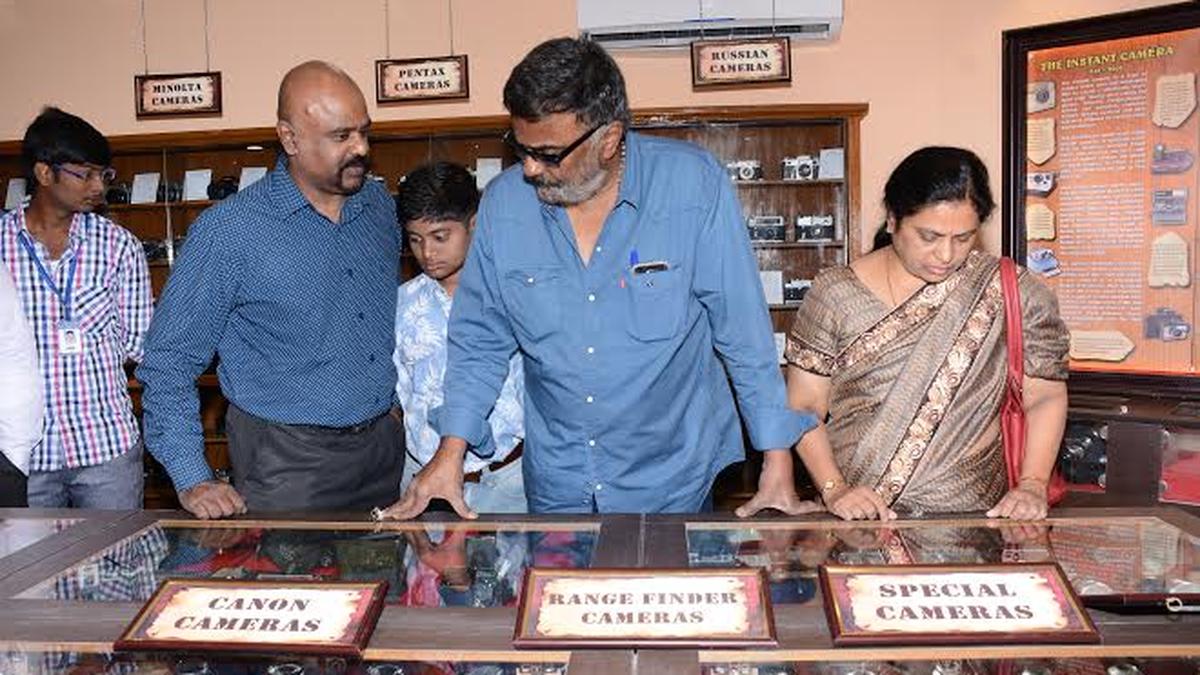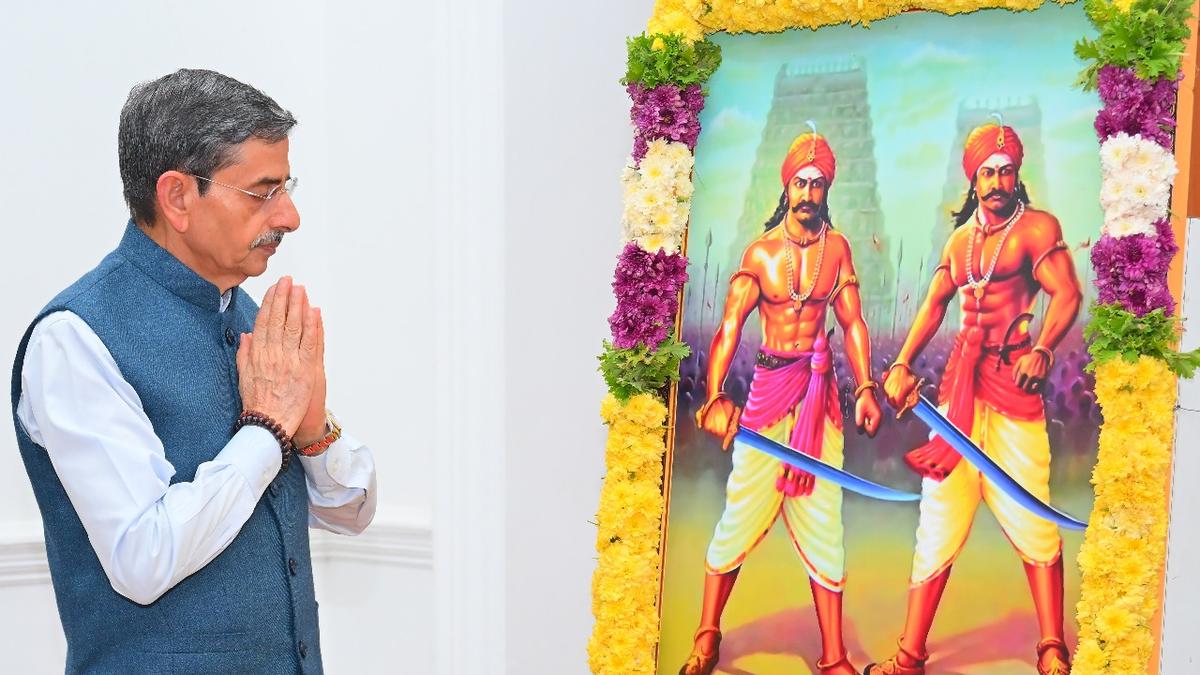ARTICLE AD BOX
 While speaking on the 80th anniversary of the United Nations, External Affairs Minister Dr S. Jaishankar said on Thursday that “all is not well” within the international body (X/@DrSJaishankar)
While speaking on the 80th anniversary of the United Nations, External Affairs Minister Dr S. Jaishankar said on Thursday that “all is not well” within the international body (X/@DrSJaishankar)
India on Friday hit out at Pakistan for shielding a terror outfit at the United Nations Security Council (UNSC), using the incident to point to the global body’s “gridlocked” state and the urgent need for institutional reform.
Speaking at an event marking the 80th anniversary of the United Nations, External Affairs Minister S Jaishankar said “all is not well” with the world body, whose debates have become “increasingly polarised” and its work “visibly gridlocked.”
“Any meaningful reform is obstructed using the reform process itself,” Jaishankar said, adding that sustaining the UN while reinventing it remains a major global challenge.
Citing Pakistan’s reported attempt to block the naming of The Resistance Front (TRF)—a Lashkar-e-Taiba (LeT) proxy that claimed responsibility for the Pahalgam terror attack—in a UNSC press statement, Jaishankar questioned the credibility of multilateralism.
“Few examples are more telling about the challenges facing the UN than its response to terrorism. When a sitting Security Council member openly protects the very organisation that claims responsibility for the barbaric terror attack such as at Pahalgam, what does it do to the credibility of multilateralism?” he asked.
Though Jaishankar did not name Pakistan directly, he also denounced attempts to equate nations targeted by terrorism with those harbouring or sponsoring terrorists. “Similarly, if victims and perpetrators of terrorism are equated in the name of global strategy, how much more cynical can the world get. When self-proclaimed terrorists are shielded from the sanctioning process, what does it say for the sincerity of those involved,” Jaishankar said.
Pakistan, currently serving as a non-permanent member of the Security Council, held the presidency of the UNSC in July when the Pahalgam attack occurred. The Resistance Front had been mentioned in a UNSC report that month for its role in the attack, which officials said Pakistan attempted to dilute by removing references to the group.
Story continues below this ad
The minister also suggested that the UN’s inability to tackle terrorism is a sign of a broader institutional paralysis. “If the maintenance of international peace and security has become lip service, the predicament of development and socio-economic progress is even more serious,” he said.
Talking over the slowdown in achieving the 2030 Sustainable Development Goals (SDGs), Jaishankar said that the situation of the Global South was deteriorating amid trade restrictions, supply chain dependencies, and political domination. “The slowing down of the SDG Agenda 2030 is a significant metric to measure the distress of the Global South. There are many more, whether it is trade measures, supply chain dependence or political domination,” he added.
“Yet, on such a notable anniversary, we cannot abandon hope. However difficult, the commitment to multilateralism must remain strong. However flawed, the United Nations must be supported in this time of crisis,” he said.
The Sustainable Development Goals, established by the UN in 2015, aim to eradicate poverty, ensure equality, and promote sustainable growth by 2030.









 English (US) ·
English (US) ·